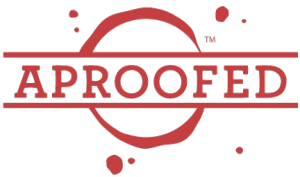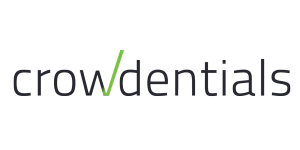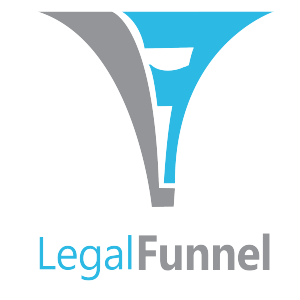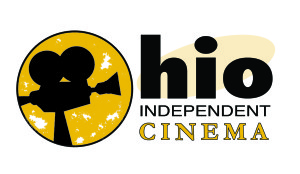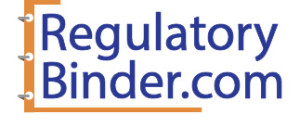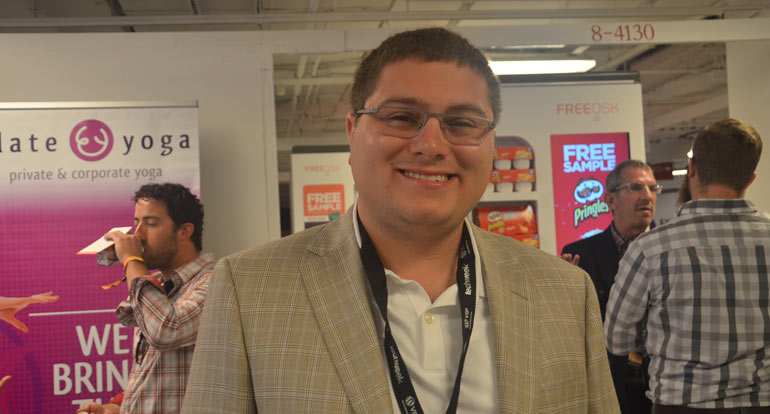
Todd Goldstein (l) and Dar Caldwell (r), co-founders of LaunchHouse
Like many of today’s adults who are past the traditional college roommate stage of their lives, Mitch Turck shares a house with others who are saving money by living together. But unlike those who have cobbled new housing arrangements out of financial stresses, Turck was one of 19 applicants for nine available spaces in two homes. Previously based in Pittsburgh, the entrepreneur researched accelerator programs, applied for this unique startup “neighborhood,” then picked up and moved in August….to Cleveland.
The city commonly known as the “Mistake by the Lake,” Cleveland might be the punchline of many jokes. For entrepreneurs looking for a cost-efficient and supportive base from which to grow a startup, however, this Midwestern location offers some seriously kick-ass perks. A lot of those benefits are thanks to LaunchHouse (http://launchhouse.com), a startup accelerator that came on the scene in 2008. Home to more than 200 companies through its co-working office program, LaunchHouse added two actual houses to its leasing options in April. Located just around the corner from its 23,000 square-foot main facility, the two residences are filled with entrepreneurs like Turck. They come from a variety of locales, two from as far away as China.
“Why would anyone ever move to Cleveland?”
The question is posed, and promptly answered, by Todd Goldstein, Chief Executive Officer of LaunchHouse. Along with co-founder Dar Caldwell, Goldstein has been at the front lines of creating this tight-knit startup community.
“This is bringing interest from all over the world,” says Goldstein. “Only 30 percent of the applicants for the housing were from the northeast Ohio region. We’re here in Cleveland asking what early-stage entrepreneurs need. They need social, cultural, and educational support. They need an ecosystem.”
And what an ecosystem it is. Entrepreneurs who reside in the two houses and those who use the co-working spaces at LaunchHouse enjoy more than just hot coffee. There’s the expected: whiteboards, first-come-first-serve desks, private offices, copiers, conference rooms. And there’s the decidedly unexpected: a gigantic open production space housing enterprises ranging from landscapers and agricultural suppliers to videographers and fashion designers; hens housed in the parking lot; a puppy following Caldwell as he gives a tour; 3-D printers; Gigabit broadband with super-fast Internet access.
In-house eggs + Gigabit connectivity = LaunchHouse ecosystem
What? The same space that has in-house fresh eggs also boasts connectivity rivaling that of Google Fiber’s Kansas City Startup Village. LaunchHouse partnered earlier this year with OneCommunity (http://onecommunity.org), a nonprofit established in 2003 that owns and operates a high-speed all-fiber network spanning 24 counties and over 2,000 miles in northeast Ohio. Experienced at providing data service for more than 2,300 public institutions, OneCommunity first worked with LaunchHouse to bring the high-speed Internet to the 23,000 square feet of co-working space. The two enterprises turned the corner, literally and figuratively, when they partnered to extend the service to the two LaunchHouse entrepreneurs’ residences which are located on a quiet side street just off the busy commercial setting of the accelerator’s Lee Road location. Think of it as northeast Ohio’s first “fiberhood.”
While the high-speed connectivity is certainly a draw for those who want to live in an entrepreneur house or pay as little as $125 per month for 24/7 access to the co-working space, it’s the social connectivity fostered by LaunchHouse’s leadership that really makes it work as a startup accelerator. For instance, Caldwell, Goldstein and the five partners they’ve added to the LaunchHouse team since 2008 host 20-25 MeetUp groups per month. There is always something going on at LaunchHouse.
“They’re all encouraged to use the space for free,” says Caldwell. “We have hackerthons here, workshops, our ‘Whiteboard Wednesdays’ when we brainstorm ideas. It’s an open community.”
Social, social, social: the startup’s version of real estate’s “location, location, location”
For Jeremy Handel, managing partner of Handelabra Studio and Handelabra Games (http://handelabra.com), the openness at LaunchHouse benefits his creativity – and his business. The videogame developer took the much-worn path tread by many entrepreneurs: from attic office to coffeehouse office to traditional office. That last one, with its traditional rents, proved too expensive; Handel moved to LaunchHouse about one year ago and became one of their portfolio companies. (LaunchHouse invests in selected startups).
“Initially, I moved here because it’s cheaper,” says Handel. “But the number one selling point is the social. I get up and walk around, talk with people to see what’s going on. It’s the first place that has felt collaborative. Here, an idea shared is grown, not stolen.”
And Turck, who is growing his Vendalize (http://vendalize.com) local search tag startup both in the entrepreneur house and in the co-working space, agrees. “In an office by yourself, you have to motivate yourself. When you’re socializing with others, the pace is faster. It’s easier to work harder.”
Juli Kaylor Gray has covered traditional business topics, as well as offbeat fare ranging from lenticular art exhibits to the “wedding-on-a-hike minister,” in her ten years as a freelance writer and magazine editor. Based in Cleveland, Ohio, she’s a focused Tweep at @QuirkyCleveland and a distracted blogger at http://quirkycleveland.com/.











